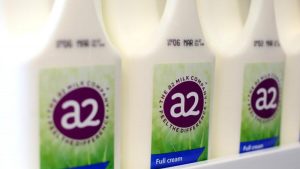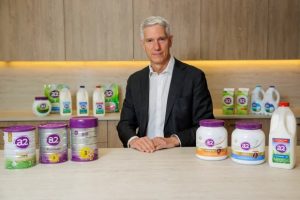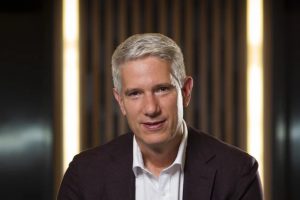
In a report to be published on Thursday, Ophir Asset Management identified 12 “offshore growers” which it said were “100 per cent” born global with an international outlook from day one. They were A2 Milk, Afterpay, Carsales, City Chic, Domino’s, IMF Bentham, Lovisa, Nanosonics, Nearmap, Orora, RWC and Xero.
Ophir manages more than $1 billion in investments and highlighted seven key factors that underpinned the success of these companies.
These were reduced tariffs from globalisation, technology, use of social media to build brands, bolder boards, strong value propositions, organic growth rather than through acquisitions and adoption of a test and learn strategy.
The report identified offshore growers as a “vital component” of an investor’s portfolio because they deliver growth and returns at a time when both global and domestic economies are slowing.
The fund manager calculated investment in an equally weighted portfolio of these 12 companies in January 2016 would have put investors up over 340 per cent compared to about 50 per cent for the S&P/ASX Small Ordinaries Index.
When you are a niche business you have to have a global outlook right away.
Andrew Mitchell
Andrew Mitchell, co-founder of Ophir, said previously businesses used to go offshore via acquisitions because they were unable to grow any further in Australia, but without a competitive advantage these attempts at international expansion failed.
He pointed to NAB, AMP and Wesfarmers as Australian companies that had all tried to expand overseas and failed.
“We used to talk about it as a sell thing,” he said. “You would be selling a stock when they decided to go offshore.”
However, Mr Mitchell said offshore growers were now succeeding despite international expansion being a “graveyard of ambition” in the past.
“When you are a niche business you have to have a global outlook right away.”
To compile the report Ophir spoke to chief executives, chairmen and directors at the 12 businesses.
Shane Fallscheer, chief executive of Lovisa, which launched in Australia in April 2010 and now operates in 15 countries, said advances in technology had made it easier for the accessories retailer to control global activities from Australia.
He recalled trying to conduct global video calls in the early 2000s when the sound didn’t work and the screens froze constantly.
“Now it is so easy to communicate,” he said. “We’re running payroll from Melbourne. We get daily inventory reports from China. Previously we would have had to run overhead right around the world. That would make it very hard for the CEO to control all geographies and control what is happening.”
Mr Mitchell said the success of the offshore growers would only encourage more Australian companies to go global.
“Once you have a big international success business it brings out an entrepreneurial mindset in the context that it is coming from,” he said. “We think the future is bright for Australia as we have companies like Afterpay that lead the way and you will have people that will come out of these companies. These success stories bring more success.”

























